The Medical Detectives Behind Every Diagnosis
A pathologist is a medical doctor who specialises in diagnosing diseases by examining tissues, cells, and body fluids in a laboratory. They're the medical detectives who solve diagnostic puzzles that others can't see with the naked eye.
Pathologists provide the critical answers that guide your treatment. They determine whether a lump is cancerous, identify infections, monitor chronic conditions, and ensure your healthcare team has the precise information needed for proper care.
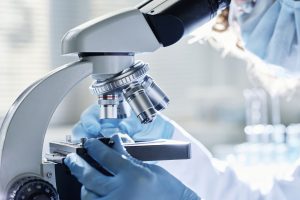
Think of pathologists as healthcare detectives. When your doctor takes a blood sample, performs a biopsy, or orders laboratory tests, it's the pathologist, together with his or her team of laboratory staff, who examines these specimens to uncover the medical mysteries within.
Blood, tissue, or fluid samples arrive at the laboratory
Using advanced microscopy and laboratory equipment
Providing accurate diagnoses and treatment guidance
Communicating findings to your healthcare team
South African pathologists specialise in various fields to provide comprehensive diagnostic services:

Tests blood and body fluids to analyse chemical changes. The name reflects their focus on the body’s chemistry.

Specialises in blood diseases and disorders. The term is derived from the Greek word haima, meaning “blood,” which reflects their focus on blood-related conditions.

Studies tiny living organisms, including bacteria and fungi. The term comes from “micro,” meaning small, and “bio,” meaning life.
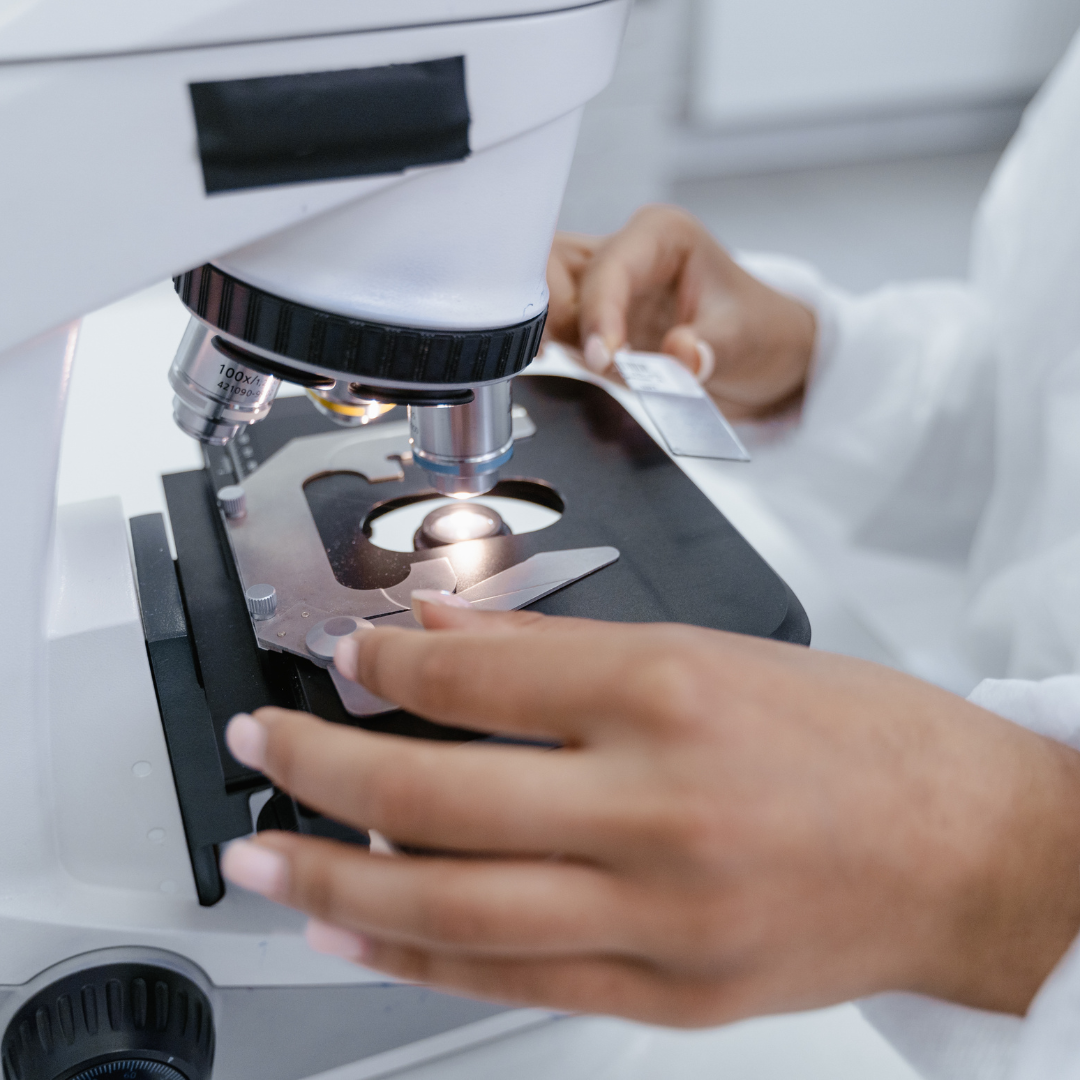
Examines body tissues under a microscope to study the structures of affected tissues.
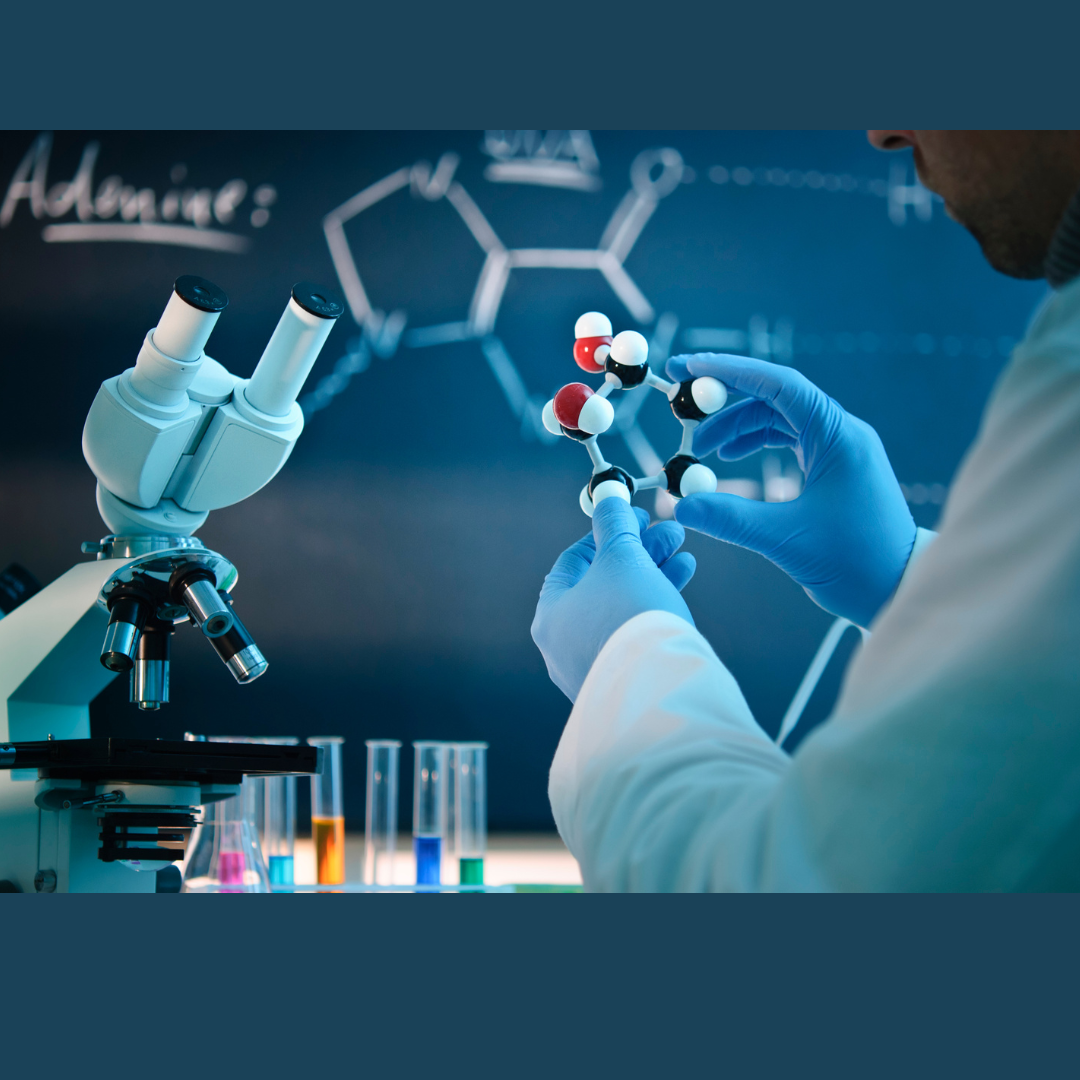
uses advanced DNA and genetic testing to detect diseases with high accuracy, offering precise diagnoses that go beyond traditional methods.

Studies and identifies viruses that cause infections and diseases. The name comes from “virus” combined with the Greek suffix “-ology,” meaning “study of.”
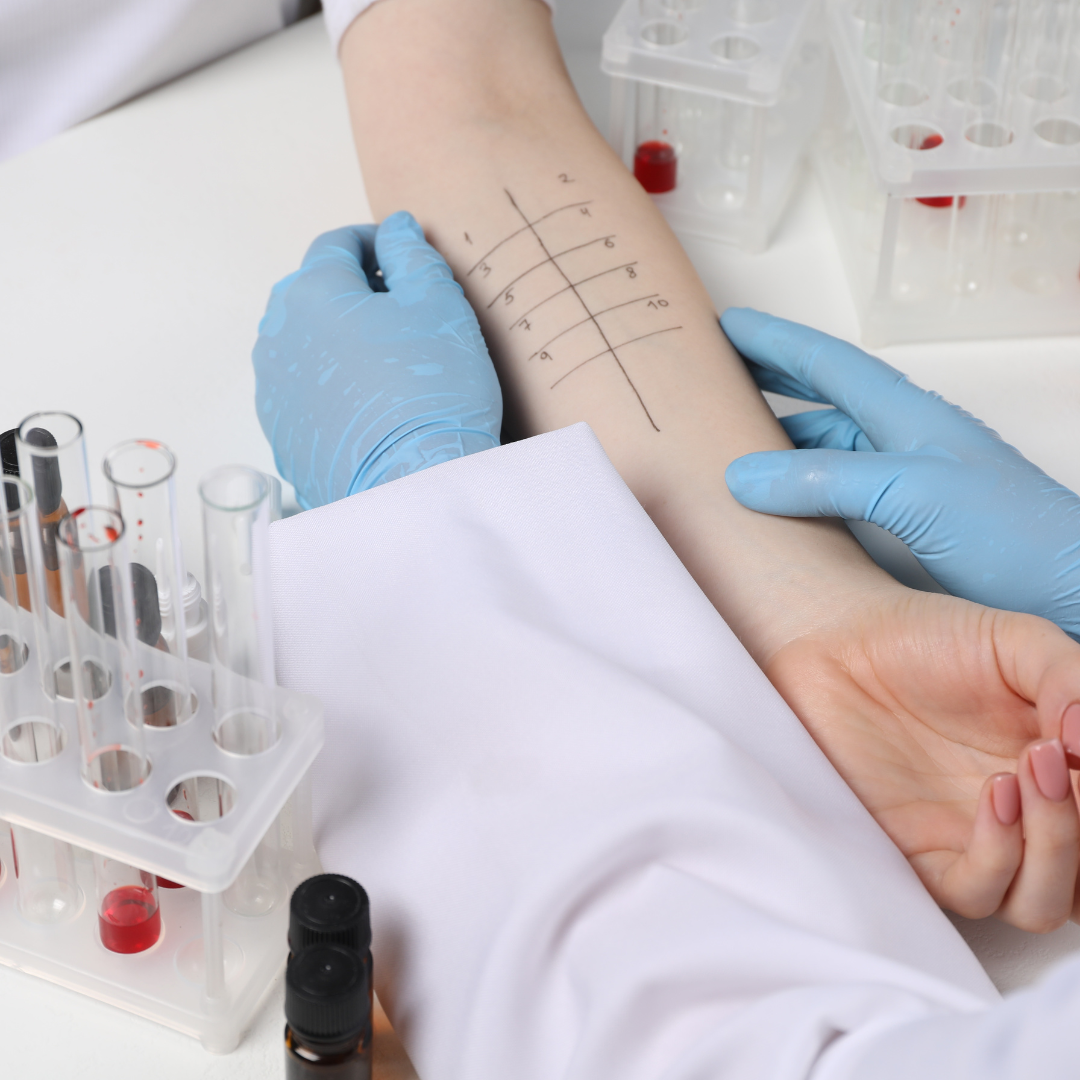
Identifies allergens causing allergy and asthma symptoms, evaluates immune deficiency disorders, and tests for autoimmune antibodies to assist in diagnosing allergic and immune-related conditions.
South African pathologists play a crucial role in our healthcare system, from diagnosing tropical diseases unique to our region to supporting cancer treatment programmes across the country. They work in both public and private healthcare settings, ensuring that accurate diagnoses are available to all South Africans, regardless of their location or circumstances.
The journey to becoming a pathologist in South Africa requires:
This extensive training ensures that pathologists have the expertise to make accurate diagnoses that can literally save lives.
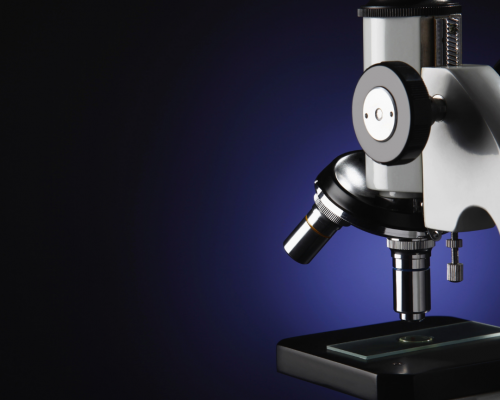
While pathologists work behind the scenes, they're deeply committed to patient care. Every slide they examine represents a person's life, hopes, and concerns. South African pathologists understand the diverse needs of our communities, working with compassion and precision to provide answers that matter.
At Lancet Laboratories, our experienced pathologists combine cutting-edge technology with decades of expertise to provide accurate, timely diagnoses across South Africa.
Richmond, Johannesburg,
2092